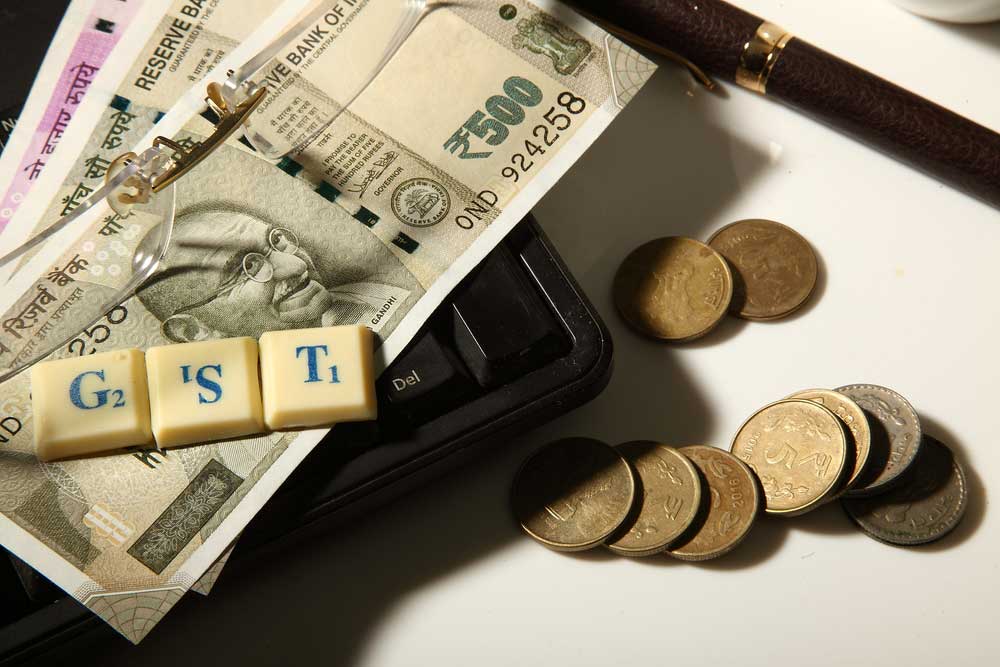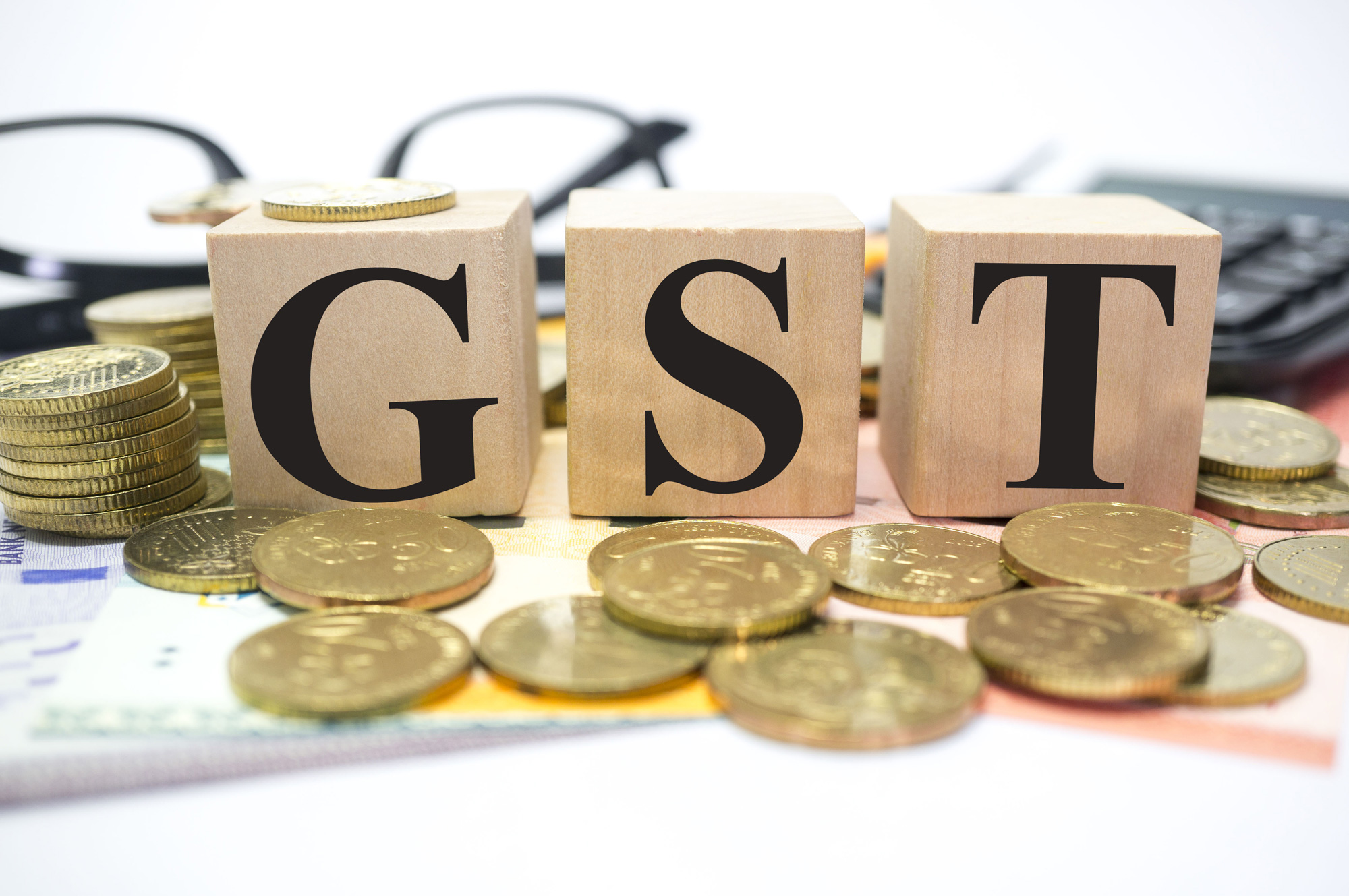The revenue collection from the goods and services tax has fallen for the first time in four months in June 2019. The realized revenue was below Rs 1 trillion. This shortfall may compel the government to reduce the target revenue collection from GST. For the financial year 2018-19, the revised estimate of revenue from GST was Rs 5 trillion. The actual has fallen short by 9 per cent to Rs 4.5 trillion. The Centre has announced that data intelligence would be put to use and compliance and enforcement would both be strengthened. There would be more audits and scrutiny to plug revenue leakages. The government has also detected a very large value of fraudulent GST invoices in 2018-19. In December 2018, the GST Council had reduced GST rates on 23 goods. Hence, it is unlikely that the government would reduce rates any further to boost compliance.
The government certainly has the authority to wield the stick in this matter. However, it may be worthwhile for the finance ministry and tax departments to figure out possible reasons for the lower collection. Budget estimates are usually made on the basis of an assumed rate of growth of income and transactions. If the assumed rate of growth of the economy is over-optimistic, the actual collection is bound to be lower than what had been estimated. In this context, the debates on the veracity of the growth numbers churned out by the government make it difficult not to rule out a significant dose of overestimation of growth rates. This is an example where false numbers lead to false assumptions which, in turn, lead to unrealistic targets that go unrealized. The second possible reason for the shortfall from the estimated target is that many small producers, businesses and start-ups still find the GST, its procedural filing, and calculations quite difficult and complicated. There may be errors in calculation and tax avoidance without any mala fide intention to cheat. In such cases, turning on the heat of audits and scrutiny might lead to further avoidance and induce evasion. The third possible reason for the shortfall, over and above any fraudulent intention to evade, is the reluctance of buyers of goods and services to pay GST. The cash economy has not disappeared and the culture of looking upon tax payments as a nuisance remains strong. This is particularly true when citizens realize that their tax money is not being put to the best use for their benefit.













